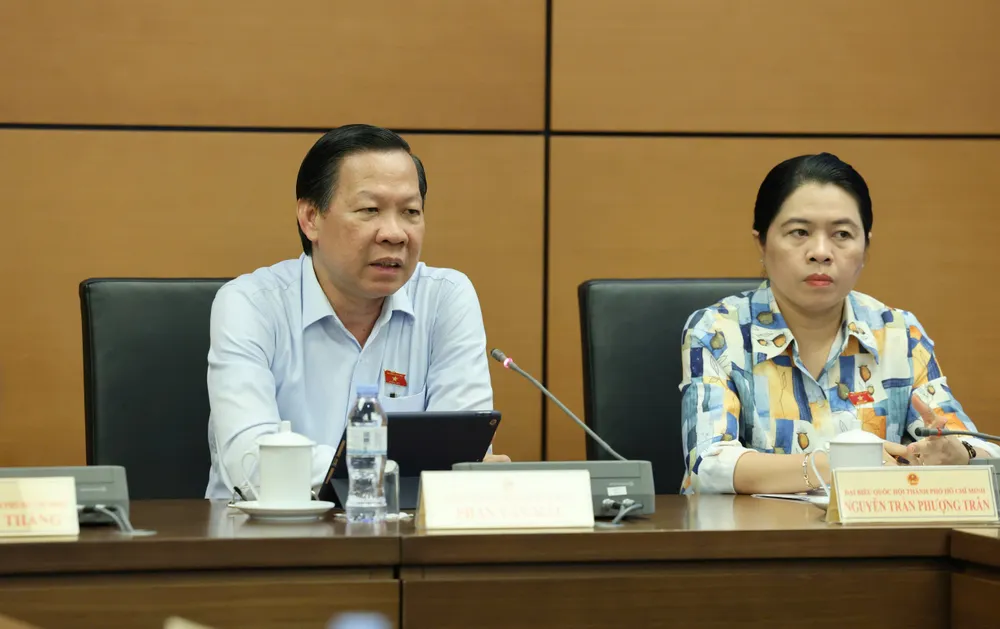
Speaking at the discussion group of Ho Chi Minh City, Chairman of the National Assembly's Economic and Financial Committee Phan Van Mai said that we need to strongly decentralize to ensure that work is resolved quickly. The amendment of the State Budget Law and the Law amending 7 laws this time also aims at that goal.
" The government has proposed very strong mechanisms, the spirit is how we can open up as much as possible to solve the work faster, but also have to ensure the basic principles, ensure the legal basis", comrade Phan Van Mai stated.
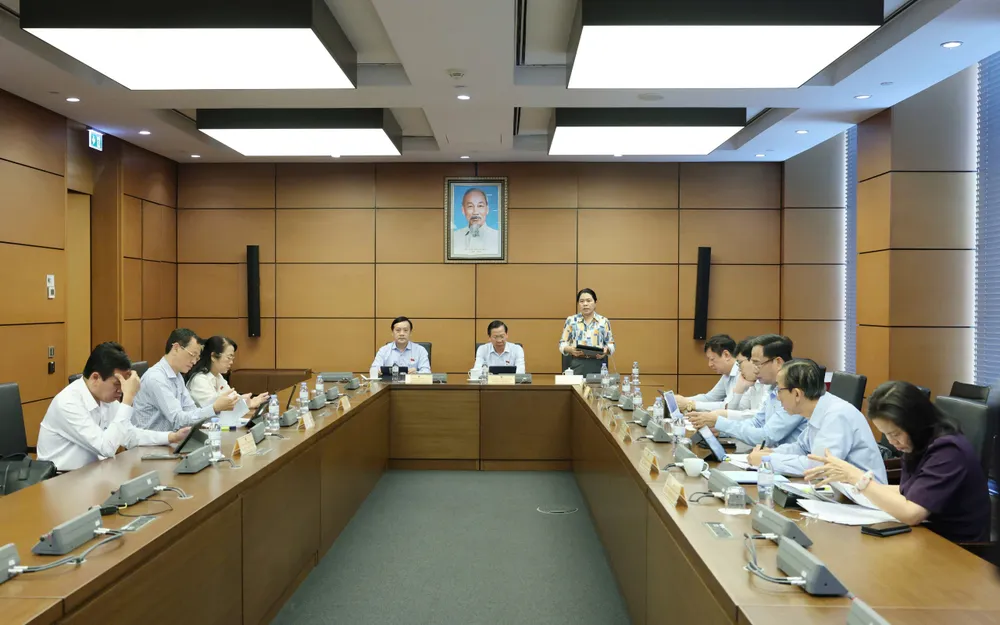
Giving opinions on the Law amending and supplementing a number of articles of the Law on Vietnamese Nationality, delegates all agreed to "loosen" the policy of re-acquiring Vietnamese nationality.
Regarding the draft Law on State Budget (amended), Deputy Tran Hoang Ngan is interested in central budget revenues, local budget revenues as well as local budget expenditures.
Delegate Tran Hoang Ngan analyzed that currently, out of 63 provinces and cities, 18 localities have financial autonomy. The remaining 45 localities are not financially autonomous and must receive central budget regulation. After the arrangement, we will have 34 provinces and cities left. Delegate Tran Hoang Ngan highly agreed that the regulation rate for each locality will no longer be divided.
For example, in the past, of the 18 financially autonomous localities, the regulation rate of Ho Chi Minh City was 21%, Binh Duong was 33%, Ba Ria Vung Tau was 52%, Hanoi was 32%, Hai Phong was 76%... numbers that are very difficult to remember. Therefore, in this law amendment, the National Assembly member suggested that instead of dividing it into each province, it should be divided into groups, with 2-3 groups.
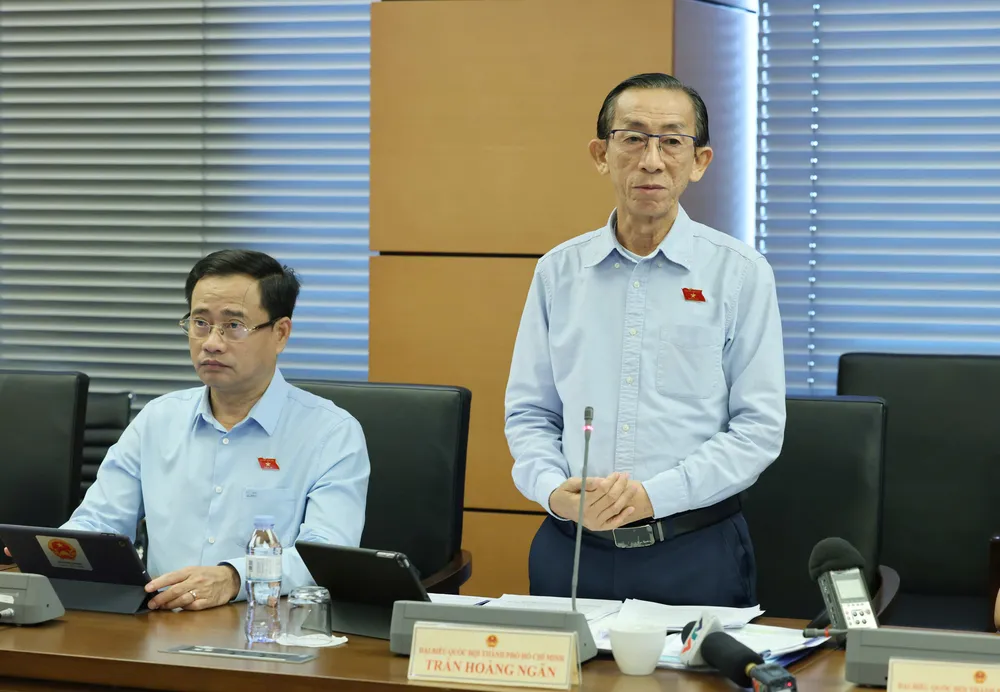
Also according to Deputy Tran Hoang Ngan, with the current law, the division ratio between the central and local budgets is based on 5 types of taxes: value added tax, corporate income tax, personal income tax, special consumption tax, and environmental protection tax.
According to the new draft, the new division method is that with personal income tax, the central budget will enjoy 70% of the revenue in Ho Chi Minh City and Hanoi, this revenue is reasonable according to the National Assembly. Regarding special consumption tax, the central budget will enjoy 80% of the revenue in Hanoi and Ho Chi Minh City, meaning that these two localities will only enjoy 20%, which is low. He suggested that it should be raised to 30% for these two localities.
Regarding environmental protection tax, the central budget enjoys 80% and the local budget enjoys 20% for all localities, which is a common agreement.
Regarding land use fees, land rents, and land use fees associated with assets and land managed by central agencies, organizations, and units, localities that do not receive additional central budget balances enjoy 30%; local budgets enjoy 70%; and localities that receive additional balances enjoy 20% from the central budget and 80% from the local budget.
Regarding this, Deputy Tran Hoang Ngan said that Ho Chi Minh City will be affected quite a lot. Because in recent years, these land use fees have accounted for 40-50% of Ho Chi Minh City's total development investment expenditure, while previously, according to the old State Budget Law, the city enjoyed 100% of this amount.
According to Deputy Tran Hoang Ngan, the goal of the arrangement of 34 provinces and cities is to expand the development space and promote the potential and strengths of each locality. Therefore, we should not narrow down the local budget, especially Ho Chi Minh City and Hanoi, which must build urban railways. The Deputy suggested considering the ratio of central and local budgets to ensure that localities have resources for development.
He suggested that in this section, the central budget enjoys 15-20% of the land recovery money, and the local budget enjoys the rest. Otherwise, it should be applied uniformly to all 34 provinces and cities, with the local budget enjoying 80% and the central budget enjoying 20%.
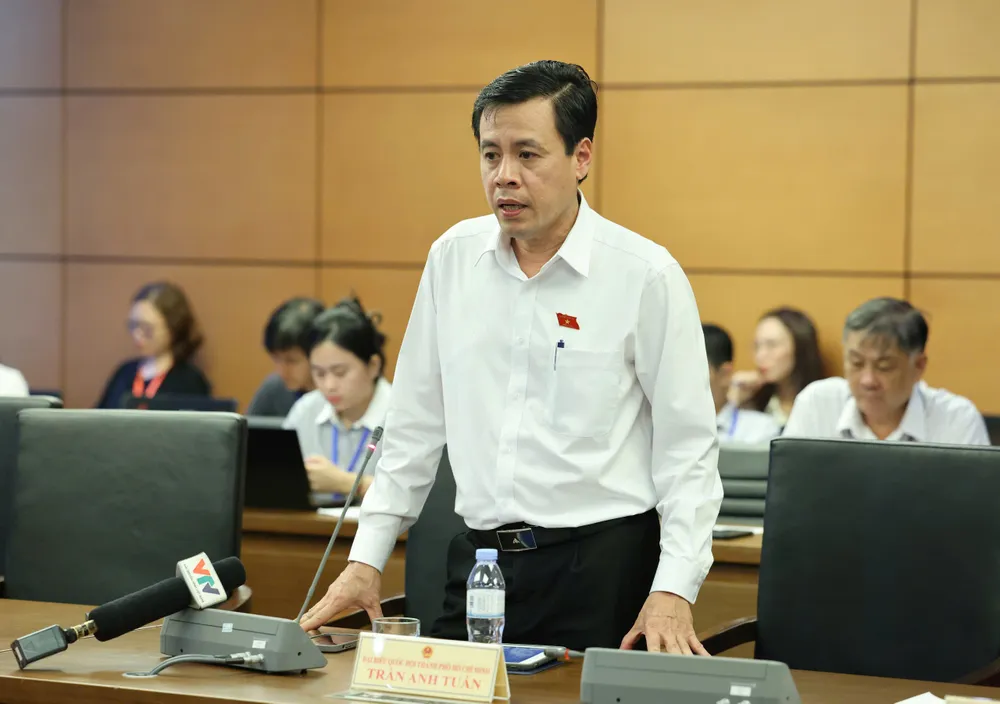
According to Deputy Tran Hoang Ngan, the role of the People's Council at the commune and ward levels is very important in the future, so it must be clarified in this law, or in the Government's instructions, about the authority over the commune and ward budget; it is necessary to boldly decentralize the authority of the provincial People's Council to the People's Council at the commune and ward levels in the budget.
Delegate Tran Anh Tuan (HCMC) also expressed concerns about the content of revenue decentralization between the central budget and local budgets, which has not been assessed for impact and is still subjective, and will be very difficult for localities that have not proactively budgeted. The delegate suggested reconsidering.
Also in this draft law, Deputy Do Duc Hien (HCMC) proposed to maintain the current regulations, which is to maintain the authority of the National Assembly in deciding on budget revenue and expenditure tasks as in the current law (according to the draft, the authority to decide on these expenditures is proposed to be assigned to the Prime Minister). Because the regulation of expenditure levels for the fields of education, training and vocational training; science, technology and innovation is to ensure the principle of institutionalizing the Central Committee's resolutions on these fields. This is also the opinion of the review agency.
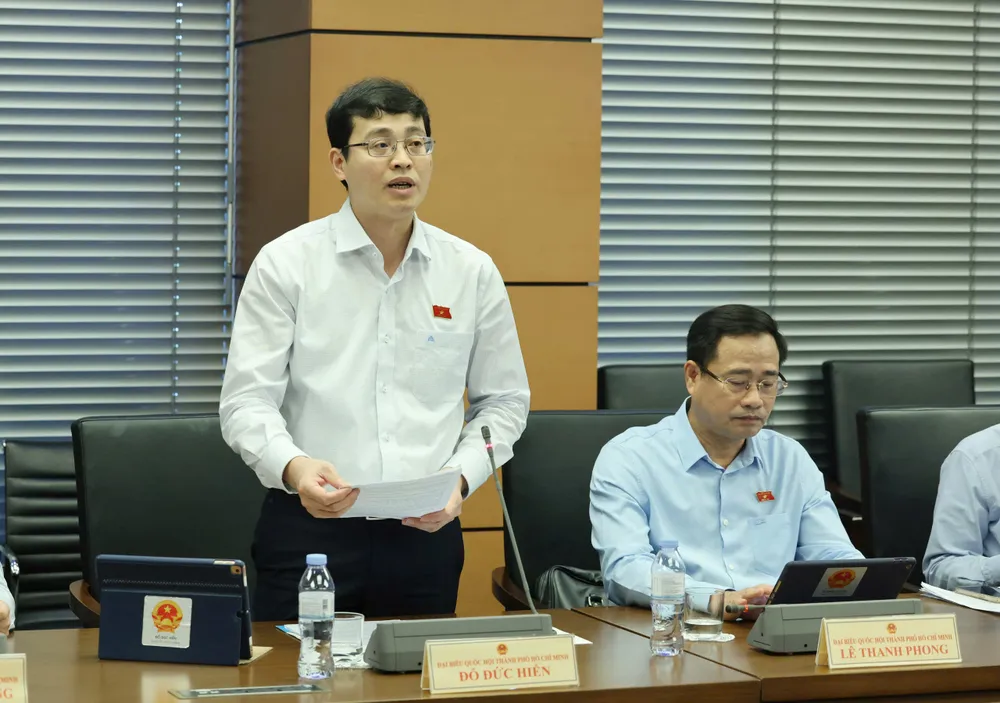
According to Deputy Do Duc Hien, the National Assembly's decision to allocate the central budget in detail according to each sector also ensures proper authority, transparency and increases financial discipline in the implementation of the state budget, in accordance with international practices. In order to ensure flexibility and initiative in adjusting expenditure estimates between sectors, especially in urgent cases, the Law on Government Organization also stipulates that the Prime Minister is allowed to report to the National Assembly Standing Committee and the National Assembly.
Source: https://www.sggp.org.vn/dai-bieu-quoc-hoi-de-nghi-can-nhac-ty-le-dieu-tiet-ngan-sach-trung-uong-va-dia-phuong-post795696.html


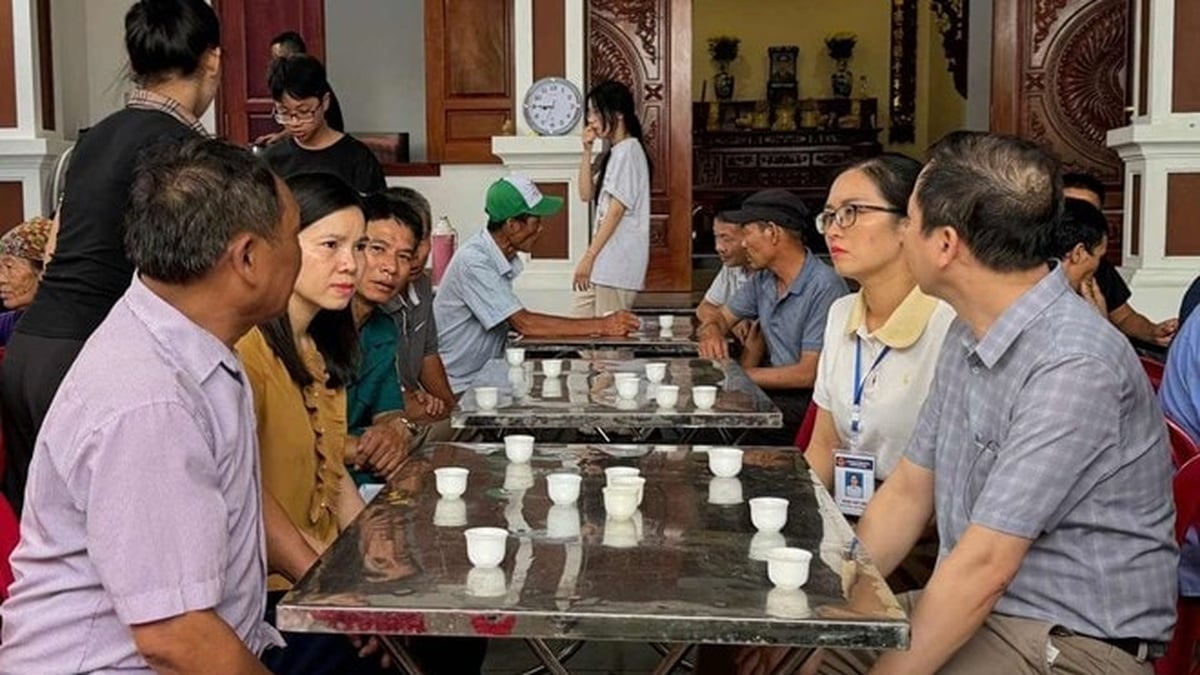



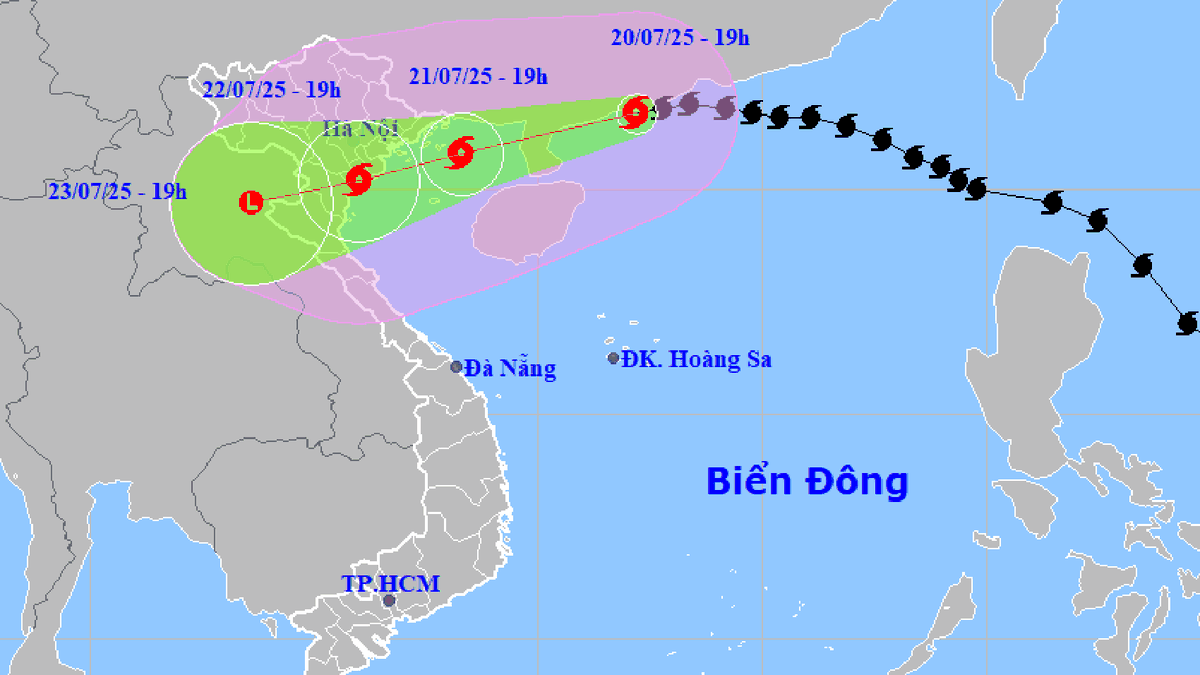




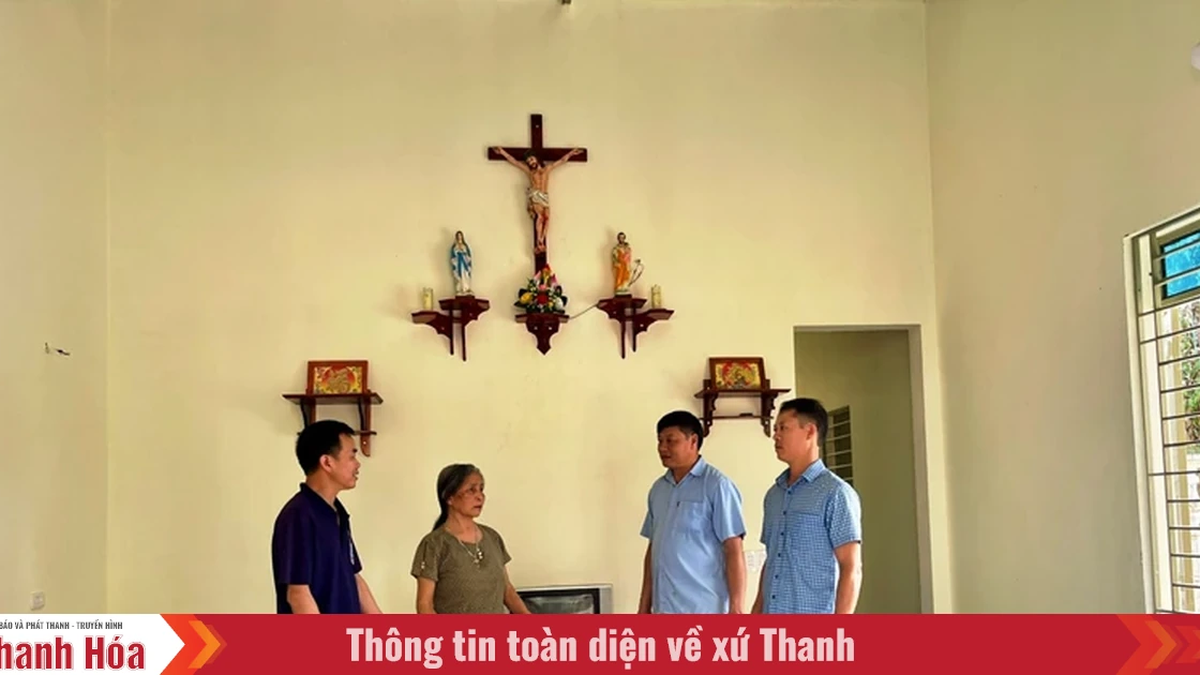













![[Photo] National Assembly Chairman Tran Thanh Man visits Vietnamese Heroic Mother Ta Thi Tran](https://vphoto.vietnam.vn/thumb/1200x675/vietnam/resource/IMAGE/2025/7/20/765c0bd057dd44ad83ab89fe0255b783)







































































Comment (0)